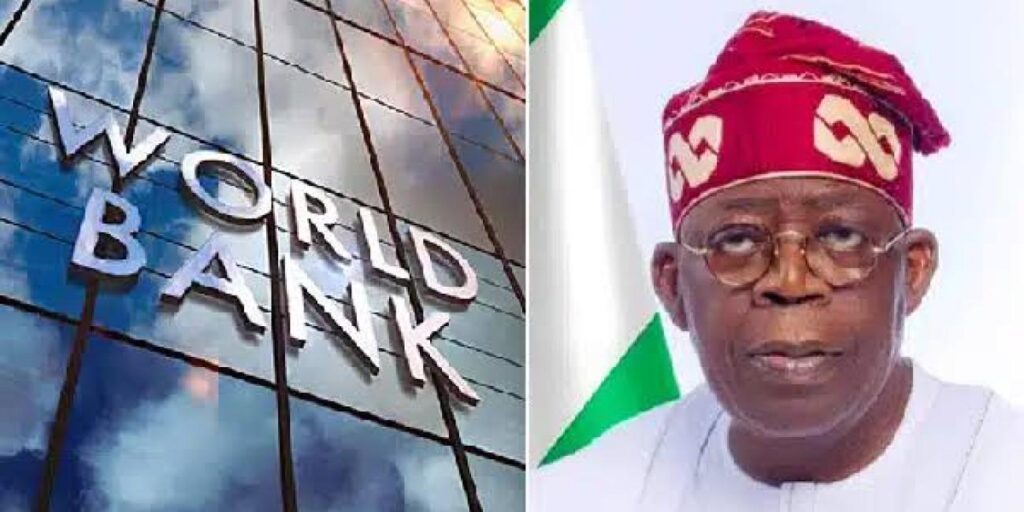
The World Bank has released its Nigeria Development Update report, revealing a significant increase in poverty levels in the country, with over 129 million Nigerians now living in poverty.
This marks a sharp rise from 40.1% of the population in 2018 to 56% in 2024. The report attributes this alarming spike to the persistent rise in headline inflation, which has forced millions into hunger and economic insecurity.
The report highlights that Nigeria’s economic growth has been insufficient to outpace inflation, further exacerbating poverty levels. Since 2018, real GDP per capita has not recovered from the 2016 oil price-induced recession. Despite many Nigerians being employed, the World Bank notes that employment does not guarantee an escape from poverty, as many jobs are not productive or sufficiently remunerative.
Additionally, the COVID-19 pandemic, natural disasters like flooding, insecurity, and policies such as the demonetization process in early 2023 have worsened the economic situation. These factors have pushed an estimated 14 million more Nigerians into poverty within the past year, bringing the total number to 129 million in 2024, compared to 115 million in 2023.
The report also observes a rise in urban poverty, with 31.3% of urban dwellers now living in poverty, up from 18% in 2018. Rural poverty, though still more prevalent, has been overshadowed by the rapid growth of urban poverty. Economic challenges under the administration of President Bola Tinubu, such as the removal of the fuel subsidy and the flotation of the foreign exchange, have further contributed to the hardship felt by many Nigerians.